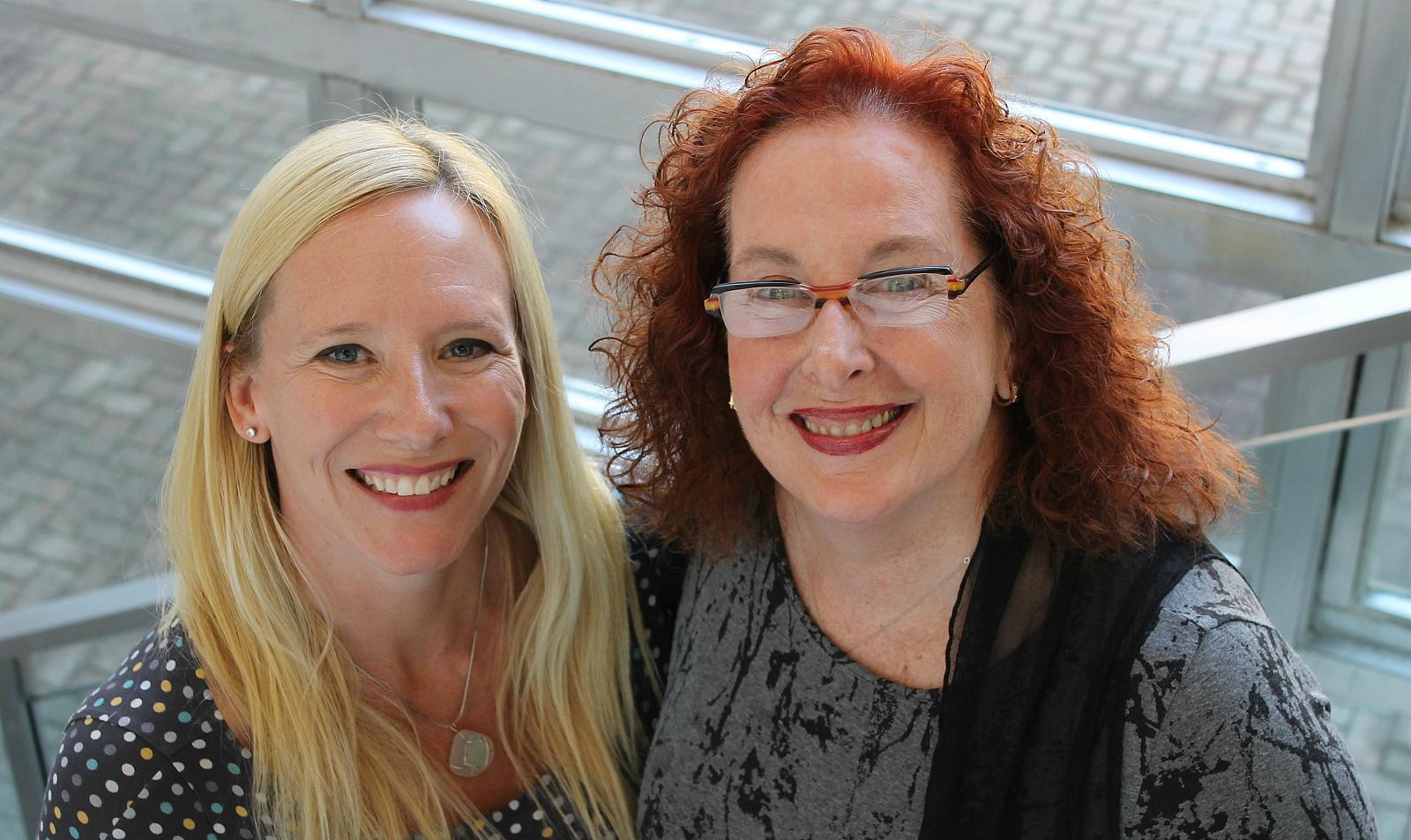The Wayne State University School of Social Work has received nearly $1.8 million from the Centers for Disease Control and Prevention (CDC) for a project that will develop, implement and evaluate curriculum promoting youth empowerment as a method of preventing sexual violence and teen dating violence.
The grant, “Youth Empowerment Solutions for Healthy Relationships: Engaging Youth to Prevent Sexual Violence (YES-HR),” brings together three principal investigators, including Associate Professor Poco Kernsmith, Ph.D., and Assistant Professor of Research Joanne Smith-Darden, Ph.D., from the Wayne S tate School of Social Work, and Professor Marc Zimmerman, Ph.D., from the University of Michigan’s School of Public Health and Department of Psychology.
tate School of Social Work, and Professor Marc Zimmerman, Ph.D., from the University of Michigan’s School of Public Health and Department of Psychology.
“Youth empowerment has been related to violence prevention, substance use reduction and improved academic achievement,” said Kernsmith. “Empowering youth in the way we plan to with this curriculum has broad, overarching implications.”
The project builds on a prior CDC grant, which examined family, school and community environments of six metro Detroit school districts to determine what factors could be modified to prevent the perpetration of dating violence. YES-HR will partner on an intervention within the same school districts, with a specific focus on schools that have been identified as being at a high-risk for violence.
To determine where intervention and prevention efforts would have the most potential impact, Kernsmith and Smith-Darden used a social ecological model and data from the first grant.
“One of the major findings from the first study is that a sense of school connectedness is a very important protective factor in preventing violence perpetration. In addition, parental involvement appears to be key in changing a student’s behavioral trajectory,” said Smith-Darden.
To reach high-risk youth, Kernsmith and Smith-Darden knew they had to push beyond the idea of traditional community-based or after-school intervention programs.
“With community-based programs or after-school programs, it’s hard to figure out what’s driving behavioral change, given that the majority of kids attending choose to be there or have the resources to be able to attend,” said Smith-Darden. “These types of programs are, unfortunately, missing the kids who could really benefit.”
To combat this challenge, the intervention curriculum will be infused within eighth grade social studies classes at participating schools. The curriculum will empower students to identify problems in their schools and neighborhoods, and take action toward solutions. Discussion topics will include respect, conflict resolution, appropriate use of electronic communication and consent around healthy dating behavior and sexuality.
“It won’t be a class where an instructor lectures the kids, ‘Violence is bad – don’t do it.’ The curriculum will include applied activities and open discussions to help students build the skills necessary to have a voice in both defining and resolving issues,” said Kernsmith.
The project will also take a closer look at the role of gender in sexual coercion and violence perpetration and how changes in technology have contributed to an increase of electronic abuse, stalking behavior and sexting.
The curriculum — which will be implemented in classrooms in fall 2017 — will adapt the Youth Empowerment Solutions (YES) curriculum to focus on youth dating relationships and sexual violence. The adaptation of YES or YES-HR will be driven by collaborative input from students, teachers, parents, community members and partners at the University of Michigan School of Public Health and Department of Psychology and the Michigan Department of Health and Human Services Rape Prevention Education Program.
YES-HR will culminate in community projects based on student-led initiatives developed within the classrooms annually, and will be showcased at the end of each intervention academic year. The curriculum will be manualized for future scalability.
“We’re very invested in these students and our partnering communities. By working with them from the ground up, we aim to empower them to own it,” said Smith-Darden. “The end goal is that everyone involved will take these collaborative lessons and experiences forward in their lives and that the YES-HR curriculum will have a positive impact on their life trajectories.”
The project number for this grant is: U01-CE002843.
